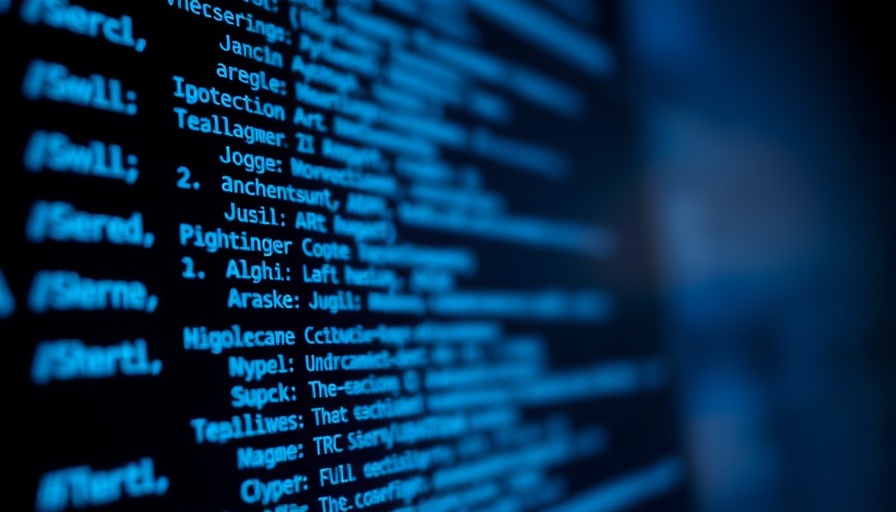
AI Coding Challenge Reveals Astounding Results
A groundbreaking AI coding challenge, the K Prize, recently unveiled its first results, highlighting both the potential and limitations of current AI models. Organized by the Laude Institute and led by Databricks co-founder, Andy Konwinski, the challenge was designed to set a high bar for AI-powered software engineers. The inaugural winner, Eduardo Rocha de Andrade from Brazil, managed to achieve only a 7.5% success rate on the task.
What Makes the K Prize Unique?
This prize distinguishes itself from previous benchmarks like SWE-Bench by implementing a 'contamination-free' approach to testing. Unlike SWE-Bench, which allows models to train on a fixed set of problems beforehand, the K Prize utilizes newly flagged GitHub issues for assessment. This methodology ensures that participants truly tackle new, real-world problems rather than relying on pre-existing knowledge.
Implications of the Findings
The stark difference in scoring between the K Prize and SWE-Bench raises essential questions about the effectiveness and reliability of existing models. While SWE-Bench boasts top scores of 75% and 34%, the K Prize’s leading score reveals a significant hurdle for AI in comprehending intricate coding challenges and implies that many AI models may not yet be ready for real-world applications.
A Future of Enhanced AI Competitions
Konwinski aims to drive innovation in this sector by incentivizing improved AI models, pledging $1 million to the first open-source model to score above 90%. This commitment not only fuels ambition among developers but also encourages the development of robust coding solutions. As more coding challenges roll out, participants can learn and adapt, potentially raising the bar for future competitions.
Conclusion: The Path Ahead for AI Coding
While the K Prize's initial results may seem discouraging, they highlight the necessity for more rigorous evaluation metrics in AI development. The findings not only shed light on current technological limitations but also pave the way for future advancements. Continued participation in events like the K Prize could very well revolutionize how we assess and enhance AI capabilities in software engineering.
 Add Row
Add Row  Add
Add 




Write A Comment